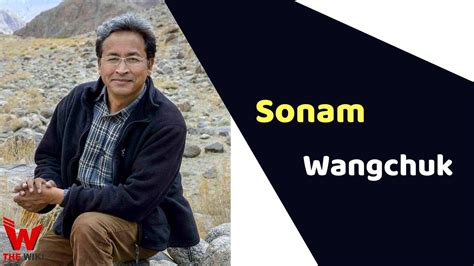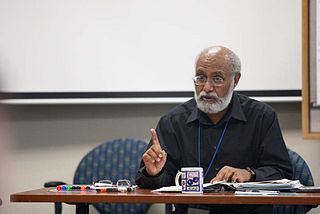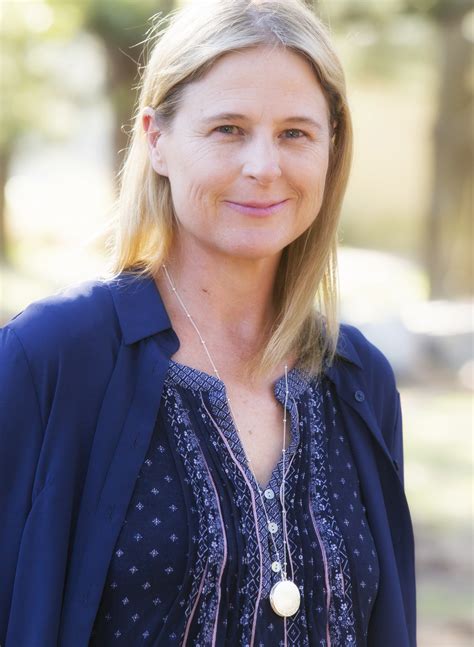A Quote by Bill Gates
Solutions to all biological problems are greatly advanced by the sequencing work and the new tools that are created.
Quote Topics
Related Quotes
My impression was and is that many programming languages and tools represent solutions looking for problems, and I was determined that my work should not fall into that category. Thus, I follow the literature on programming languages and the debates about programming languages primarily looking for ideas for solutions to problems my colleagues and I have encountered in real applications. Other programming languages constitute a mountain of ideas and inspiration-but it has to be mined carefully to avoid featurism and inconsistencies.
What my experience has taught me is that regardless of how complicated the problems might appear, it is possible to work through them and find solutions that are mutually satisfactory to every stakeholder in the problem... most of our problems on this earth are created by us and therefore we have the capacity and the obligation to unmake them.
To be open to inspiration, one must cultivate a leaning for the problematic, a chronic attraction to things that do not totally fit, agree, or make sense. Inspired ideas are less often solutions to old problems than newly discovered or totally reformulated problems - problems 'created' like brilliant works of art.
It is fascinating to watch politicians come up with 'solutions' to problems that are a direct result of their previous solutions. In many cases, the most efficient thing to do would be to repeal their previous solution and stop being so gung-ho for creating new solutions in the future. But, politically, that is the last thing they will do.
This is what I want you all to do. I want you to open a new document and type up a list of three problems in your life. Not the universe's life - your own. Underneath, type the solutions." "If we know the solutions," said Belle, "they're not problems." "Exactly," said Denny. "You do know the answers to most of your problems. Somewhere deep inside, you know.
Technology sometimes gets a bad rap because of certain consequences that it's had on the environment and unforeseen problems, but we shouldn't use it as an excuse to reject our tools; rather, we should decide that we need to make better tools to solve the problems caused by the initial tools in a progressive wave of innovation.
A lot of environmental and biological science depends on technology to progress. Partly I'm talking about massive server farms that help people crunch genetic data - or atmospheric data. But I also mean the scientific collaborations that the Internet makes possible, where scientists in India and Africa can work with people in Europe and the Americas to come up with solutions to what are, after all, global problems.



































